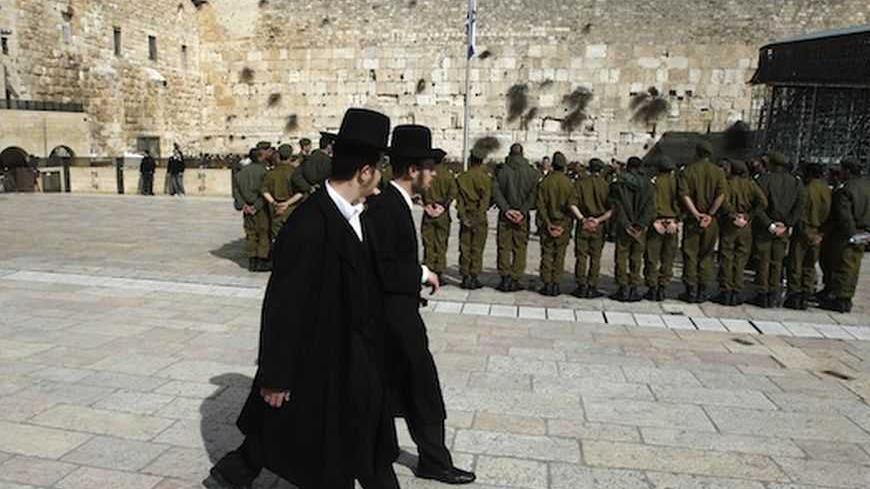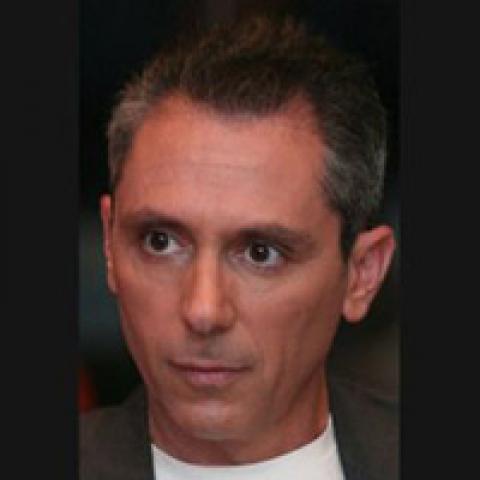The recent election results clearly showed how much the issue of equal sharing of the military-service burden means to large parts of the Israeli public. The enlistment of ultra-Orthodox men in the Israel Defense Forces (IDF) is a key issues under dispute in coalition negotiations, and it's expected to be one of the first issues dealt with by the new Netanyahu government — whatever its makeup turns out to be.
In the absence of alternative legislation to the Tal Law, which exempted ultra-Orthodox men from military service until it expired last August, the IDF should have already taken action to draft them all into the army, in accordance with the Military Service Law. The question, however, is whether the IDF really needs all those tens of thousands of rabbinical college students who have declared the study of the Torah to be their full-time occupation. And supposing the IDF needs any of them, how many of them does the army actually need? How would the mass recruitment of the ultra-Orthodox affect the nature of the army?



